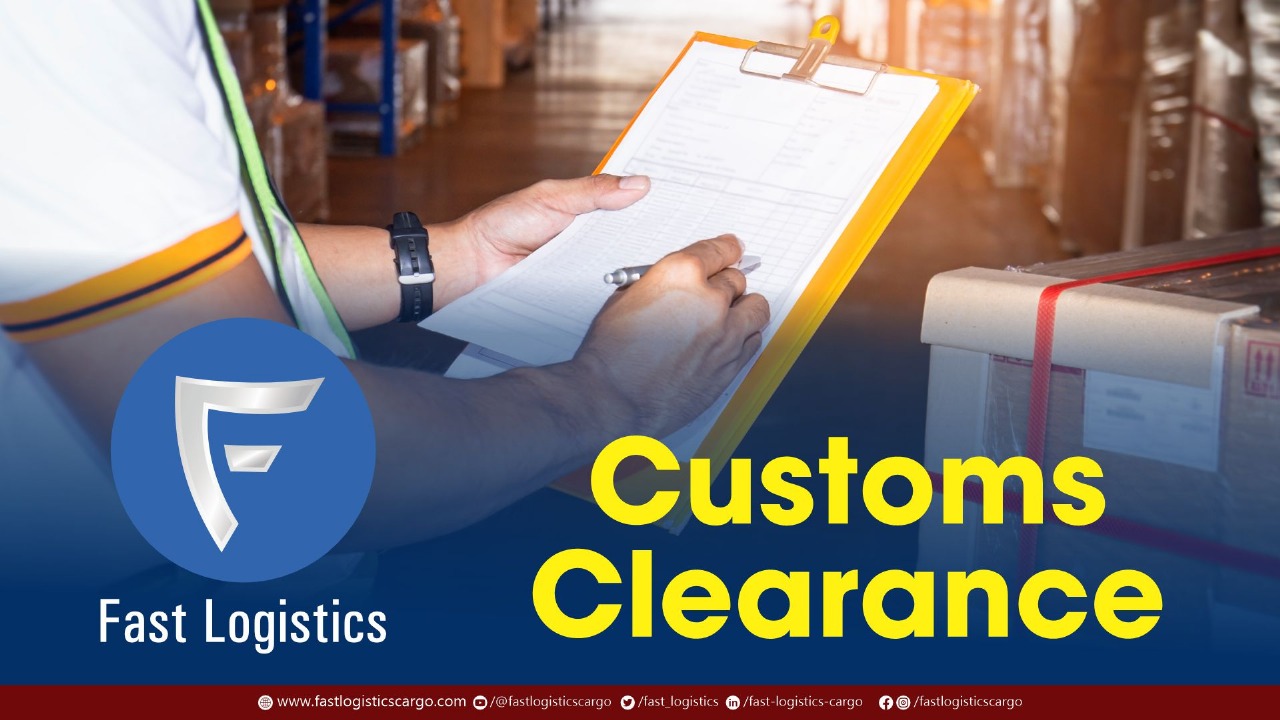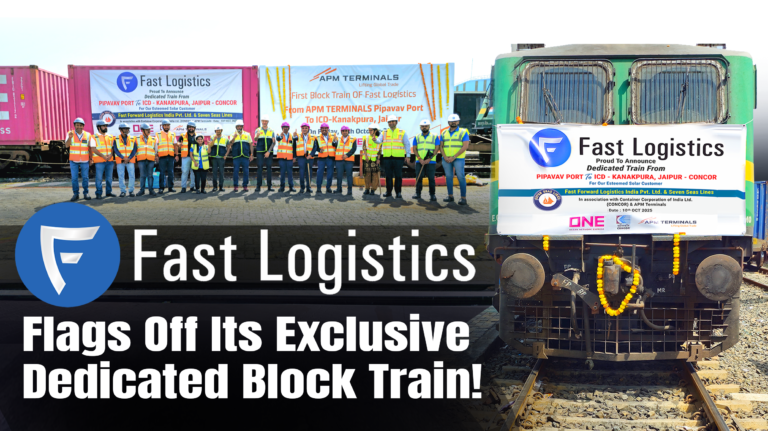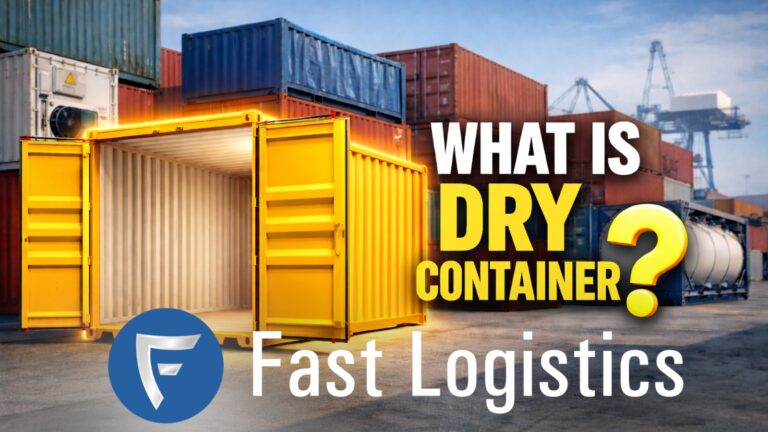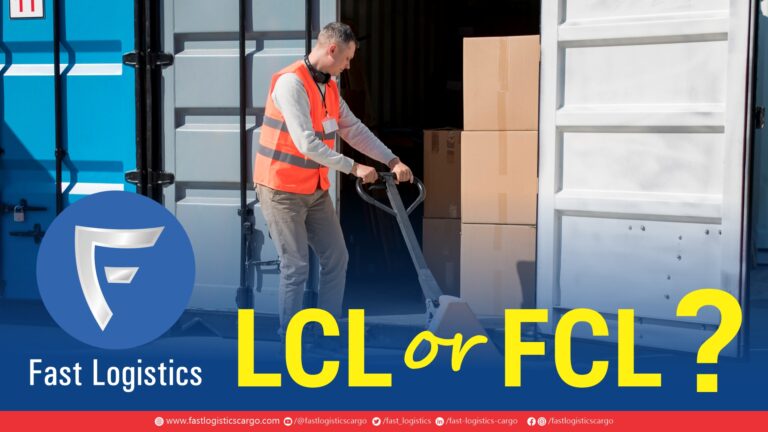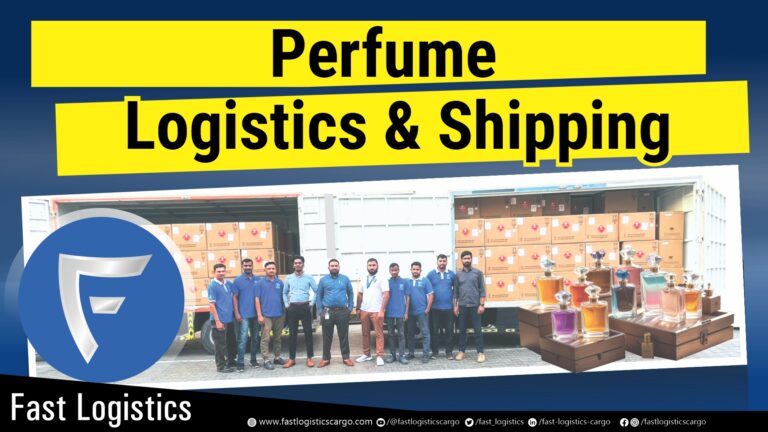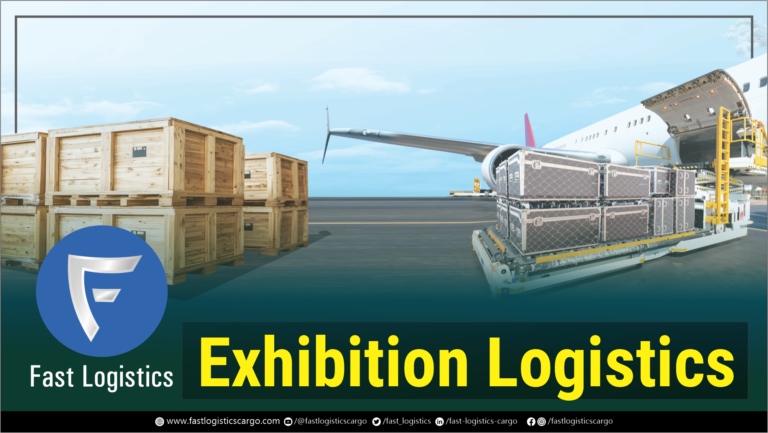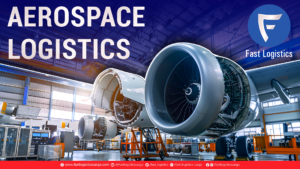What is Customs Clearance?
Customs clearance is a vital step in international shipping, ensuring goods are legally imported or exported across borders. It involves obtaining permission from customs authorities by submitting the required documentation, paying duties and taxes, and complying with national regulations. This process is essential for maintaining a smooth supply chain, as failure to secure proper clearance can result in delays, penalties, and increased costs. Whether managing an import/export business or shipping. Globally, understanding the complexities of customs clearance is crucial to avoid disruptions and ensure seamless cross-border movement of goods.
Why is Customs Clearance Important?
- Regulatory Compliance: Customs clearance ensures that all shipments comply with a country’s rules and regulations. This is critical for businesses to avoid penalties, fines, or the seizure of goods.
- Preventing Delays: A smooth customs clearance process helps ensure that goods reach their final destination without unnecessary hold-ups, maintaining the efficiency of the supply chain.
- Cost Management: Incorrectly handled customs clearance can result in costly delays, additional fees, or fines. Proper clearance helps businesses avoid these extra expenses.
- Risk Mitigation: Ensuring all documentation is in order and compliance is met reduces the risks of having shipments blocked, goods rejected, or shipments destroyed.
Key Steps in the Customs Clearance Process
- Document Submission: The first step involves submitting all required documents, such as the Bill of Lading, Commercial Invoice, Packing List, Import/Export Licenses, and Certificate of Origin. These documents are essential for verifying the legitimacy of the goods.
- Calculation of Duties and Taxes: Customs authorities will assess the value, type, and origin of the goods to calculate the applicable duties and taxes. It’s important for businesses to accurately declare the value of their goods to avoid discrepancies and delays.
- Inspection and Verification: Customs may require physical inspection of the goods to ensure they match the declared information. Inspections can be random or based on specific red flags.
- Payment of Fees: Once the duties, taxes, and any additional fees are calculated, the importer/exporter must make the necessary payments before the goods can be released.
- Cargo Release: After all the formalities are completed, the customs authorities clear the shipment, and the goods are free to continue their journey to the destination.
Common Challenges in Customs Clearance
- Incomplete or Incorrect Documentation: Inaccurate or missing documents can lead to significant delays. It’s vital that businesses ensure all paperwork is correct and complete before submitting it to customs authorities.
- Changing Regulations: Customs laws and regulations can change frequently. Staying updated on these changes is important to avoid compliance issues.
- Customs Inspections: Customs inspections, while essential for security and compliance, can cause delays. Properly preparing goods and documentation reduces the chance of delays during inspection.
- Tariff and Tax Complications: Understanding and managing tariffs and taxes on goods is vital to avoid unexpected costs. Businesses must be aware of the tariff codes and classifications of their products.
Customs clearance is more than just a bureaucratic hurdle—it’s a vital process ensuring the lawful and efficient flow of goods across international borders. For businesses engaged in global trade, mastering customs requirements is essential to reduce risks, save costs, and maintain seamless supply chain operations.
Let Fast Logistics take care of your customs clearance needs, so you can focus on growing your business. With our expertise, your cargo is in safe hands, navigating borders smoothly and efficiently.
FAQ-
The time for customs clearance depends on the country, the type of goods, and the completeness of documentation. Typically, it can range from a few hours to several days.
Customs clearance can be handled by the shipper, consignee, or a licensed customs broker who specializes in managing the process on your behalf.
A shipment may get stuck in customs due to missing or incorrect documentation, unpaid duties, or prohibited items. Contact your customs broker or freight forwarder immediately to resolve the issue.
Customs duties and taxes are charges levied on imported or exported goods, including tariffs, VAT, or GST, depending on the destination country’s regulations.
Customs clearance is crucial to avoid delays, penalties, or confiscation of goods during international shipping. It ensures that your goods comply with all regulatory and tax requirements.


